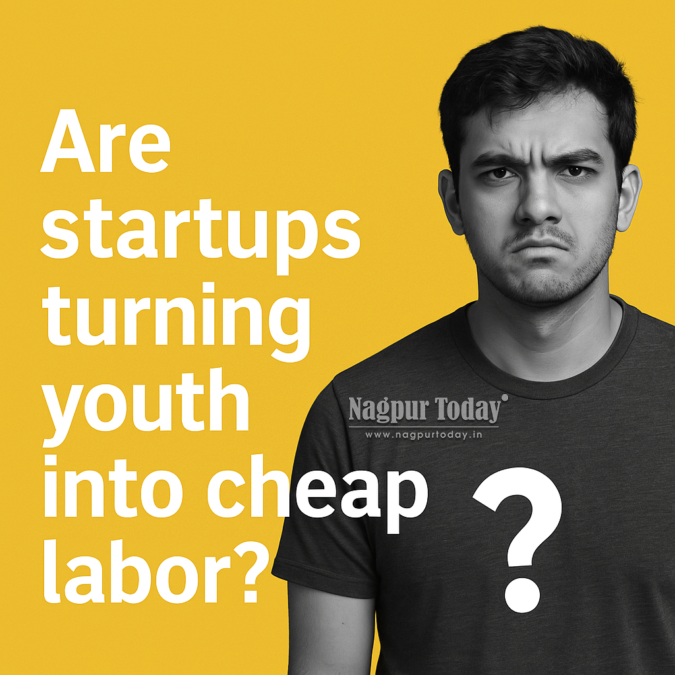 India’s vibrant startup ecosystem — once hailed as a launchpad for innovation and youth empowerment — is now at the center of a heated debate. The spark? A bold statement by Union Commerce Minister Piyush Goyal during the Startup Mahakumbh in Delhi.
India’s vibrant startup ecosystem — once hailed as a launchpad for innovation and youth empowerment — is now at the center of a heated debate. The spark? A bold statement by Union Commerce Minister Piyush Goyal during the Startup Mahakumbh in Delhi.
Goyal’s remarks have ignited controversy, conversation, and introspection across the startup world. But beyond the headlines lies a deeper question:
Are Indian startups truly building the future, or simply burning out the youth that power them?
What Did Piyush Goyal Say?
At the event, Goyal criticized the current direction of Indian startups, pointing out that too many are focused on “10-minute deliveries” and “low-skill logistics,” which, he suggested, don’t contribute to long-term national progress.
He contrasted this with Chinese startups working in robotics, electric mobility, and 3D printing, urging Indian entrepreneurs to aim higher and innovate in deep-tech sectors.
The backlash was immediate.
Industry Reactions:
-
Aadit Palicha (Zepto): “Deep-tech needs real government support. Startups can’t build in a vacuum.”
-
Mohandas Pai: “What is the government doing to support deep-tech startups?”
-
Aman Gupta (boAt): “This is a wake-up call. We should aim higher.”
Goyal later clarified that his intent was to inspire, not undermine. But the controversy opened the floodgates to a much-needed national conversation.
The Harsh Reality Behind the Hustle
While startups offer exciting opportunities, they’re also being criticized for creating toxic work environments — especially for young, ambitious professionals.
Here’s what many face:
-
Long hours, minimal pay:
Startups often demand 12–14 hour days from freshers with little in return beyond vague promises of “growth.” -
Burnout culture:
“Hustle” is glorified. Rest is weakness. Many employees suffer in silence, trying to keep up. -
Gig economy exploitation:
Startups in food delivery, quick commerce, and logistics lean on gig workers — often without benefits, insurance, or job security. -
No structured skill-building:
Young workers are thrown into high-pressure roles with little mentorship or training.
It’s no surprise many are asking: Is this the price of innovation?
But There’s Another Side to the Story
It’s not all doom and gloom. For many, working at a startup is a career accelerator.
The upside:
-
Fast learning:
Startups allow employees to wear multiple hats, work closely with leadership, and learn quickly. -
Entrepreneurial mindset:
Many who work in startups go on to launch their own ventures. -
Equity (when it works):
While rare, some early employees do benefit from stock options — even life-changing ones.
So, is it exploitation or opportunity? The answer lies somewhere in between.
What Needs to Change
To build a startup culture that truly empowers youth, we need more than ambition. We need structure, ethics, and support — from both industry and government.
Here’s what should happen next:
-
Government incentives for deep-tech, manufacturing, and clean tech
-
Stronger labor rights and protections for gig and startup workers
-
Recognition for startups that value employee well-being
-
Funding support for ethical, long-term innovation
Final Thoughts
India’s youth aren’t afraid of hard work. But they deserve more than just hustle and hype. They want to build something meaningful — and be respected while doing it.
The startup ecosystem must now decide: will it be a ladder to leadership, or just a treadmill of temporary gain?
The future depends on that choice.
















